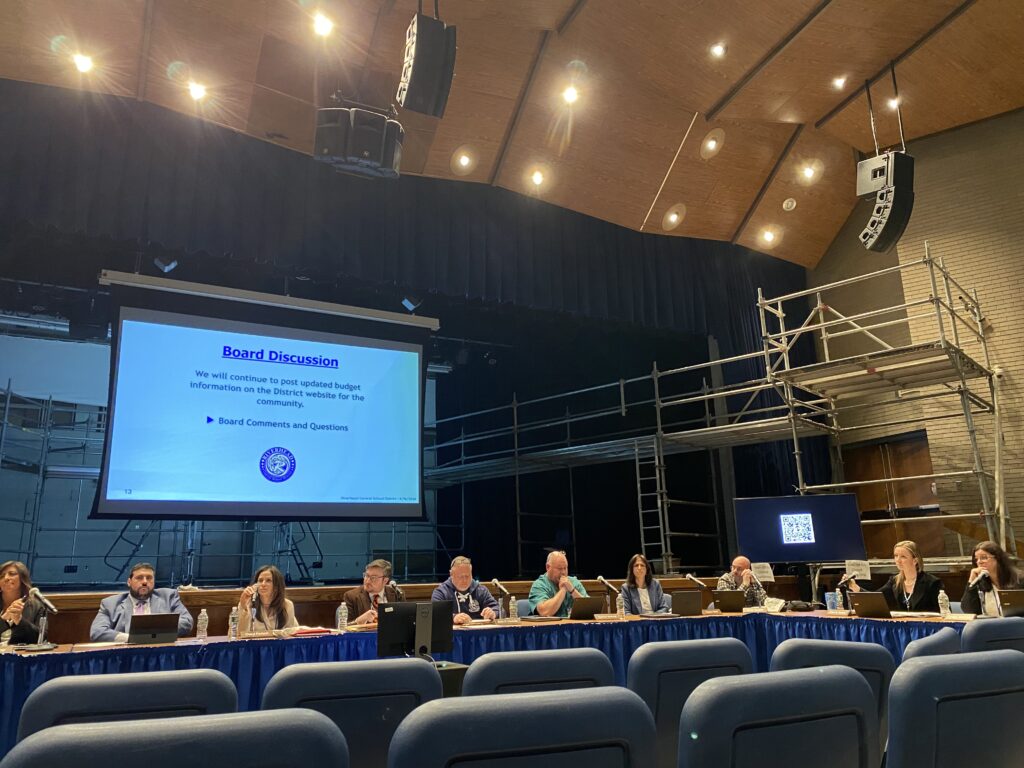ZBA to decide on whether food waste facility at EPCAL is permitted use

The Riverhead Zoning Board of Appeals is expected to make a decision on April 28 on whether a food-waste-to-energy facility is a permitted use in the Enterprise Park at Calverton.
The town’s building and planning administrator, Jefferson Murphree, did not think so in a March 4 letter he sent to CEA Energy representative Vic Prusinowski.
“The proposed organic food processing facility has been found to be not a permitted use in the Zoning Code, but you have the right to seek relief and appeal this determination from the Zoning Board of Appeals,” Mr. Murphree wrote.
A Zoning Board of Appeals hearing was held Friday.
Mr. Murphree said his reasons for the decision are the same as those that the former chief building inspector made in a Feb. 25, 2019, letter to Mr. Prusinowski.
“The use is not specifically listed, however, the use is akin to specifically prohibited uses,” then-building inspector Brad Hammond wrote at the time.
He listed dumps, garbage disposal dumps, landfills, incinerators and transfer stations as prohibited uses.
CEA Energy lists its mission as “the manufacturing and processing of a organic state-of-the art Anaerobic Digestion facility to produce compressed Natural Gas and Natural, Organically Certified Fertilizers.”
CEA Energy is headed by Mark Lembo of Wading River, who led the opposition to a proposed commercial jetport at EPCAL in the early 1990s.
In February 2019, Mr. Lembo appeared before the Town Board with a similar food-waste-to-energy proposal, except this one was proposed on town land by the landfill and the town was being asked to provide more than $500,000 and split the profits with CEA.
Mr. Prusinowski said last Thursday that town told them in 2019 that the landfill was the wrong place for a project like this, and instead directed them to look into a site at EPCAL.
The current proposal is located on eight vacant acres at 200 Scott Ave., in the industrial core at EPCAL.
Michael Gianchetta of CEA Energy told the ZBA that recent state laws requires source separation of food waste and that towns and municipalities need to prepare for this. The proposed facility would have the capacity to handle 200 tons per day of food waste.
CEA Energy is hoping to be able to transport the material by rail, using the rail spur at EPCAL.
The contents of trucks or rail cars entering the site would be sealed until they are brought inside the facility, he said. An odor control system would be used to ensure that no odors escape the building, Mr. Gianchetta said.
Only two people not associated with the application spoke at the ZBA hearing.
One of them, former councilwoman Barbara Blass, said her comment is not on the merits of the application. She questioned why the ZBA is put in a position where is must interpret the town code on an issue pertaining to solid waste. She said the vague language in the code is leading to these situations.








